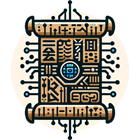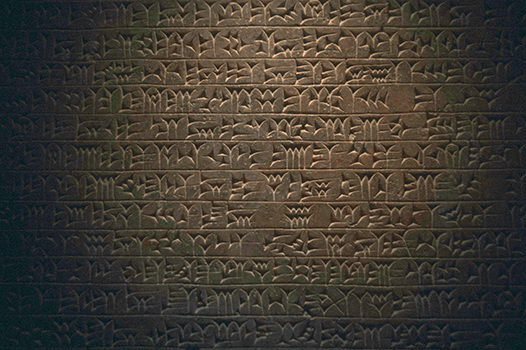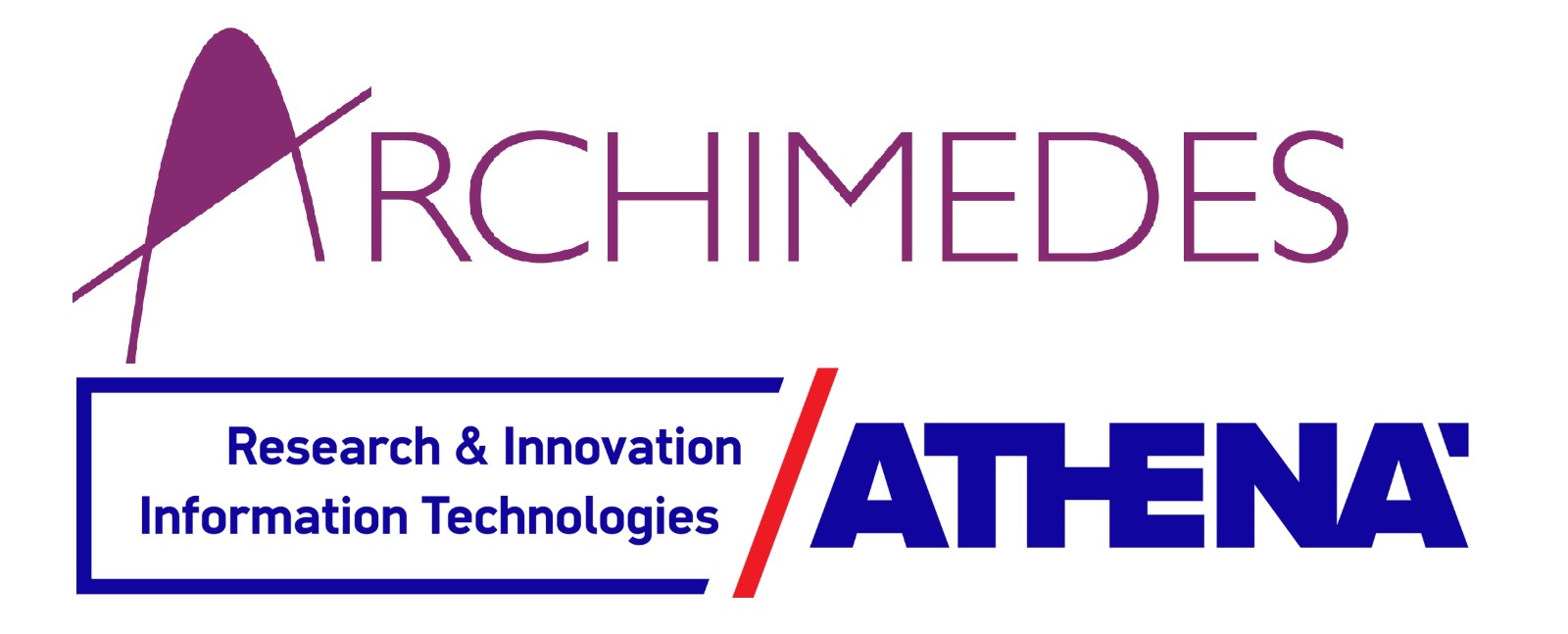 The Workshop
The Workshop
The ML4AL Workshop aims to inspire collaboration and support research momentum in the emerging field of Machine Learning for the study of ancient texts.
 Call for Papers
Call for Papers
Topics of interest

Scope
ML4AL is designed to facilitate and invigorate the ongoing collaborative momentum between ML and the Humanities, to foster a deeper understanding of our past.
We invite contributions tackling texts from the diverse corners of the globe, in any language, script or medium. We establish a chronological scope from the inception of writing systems in ancient Mesopotamia and Egypt (3400 BCE) to the late first millennium CE.
We welcome long (8 page) and short (4 page) paper submissions on OpenReview: see our Submission page for more information.
Accepted regular workshop papers will be included in the workshop proceedings, but non-archival submissions are also welcome.
Objectives
An inclusive scope
By showcasing the scientific opportunities at the intersection of the Humanities and ML, the workshop offers a roadmap for this burgeoning interdisciplinary field.
A collaborative mindset
ML4AL emphasises the value and urgency of active collaboration between the specialists from both fields, to produce compelling and consequential research.
An explainable approach
ML4AL aims to generate awareness of the risks of data bias and digital colonialism, emphasise the importance of standardised datasets, metrics and benchmarks, and encourage the development of explainable AI tools.
 Information
Information
Important dates
All deadlines are 11:59 pm UTC -12h (“anywhere on Earth”).
Please note the extended deadlines!

Organising Committee
- Dr John Pavlopoulos, Athens University of Economics and Business, and Archimedes/Athena RC, Greece.
- Dr Thea Sommerschield, University of Nottingham, UK.
- Dr Yannis Assael, Google DeepMind, UK.
Assisted by:
- Dr Shai Gordin, Ariel University, Israel.
- Prof. Kyunghyun Cho, NYU, CIFAR, Genentech, USA.
- Prof. Marco Passarotti, Università Cattolica del Sacro Cuore, Italy.
- Dr Bin Li, Nanjing Normal University, China.
- Dr Rachele Sprugnoli, Università di Parma, Italy.
- Dr Yudong Liu, Western Washington University, USA.
- Dr Adam Anderson, UC Berkeley, USA.
Program Committee
- Masayuki Asahara, National Institute for Japanese and Linguistics, Japan.
- John Bodel, Brown University, USA.
- Claudia Corbetta Università di Bergamo, Italy.
- Mark Depauw, KU Leuven, Belgium.
- Hanne Eckhoff, University of Oxford, UK.
- Margherita Fantoli, KU Leuven, Belgium.
- Ethan Fetaya, Bar-Ilan University, Israel.
- Federica Gamba, Charles University, Czech Republic.
- Chul Heo, Pusan University, Republic of Korea.
- Petra Heřmánková, Aarhus University, Denmark & Johannes Gutenberg-Universität Mainz, Germany.
- Marietta Horster, Johannes Gutenberg-Universität Mainz, Germany.
- Renfen Hu, Beijing University, China.
- Federica Iurescia, Università Cattolica di Milano, Italy.
- Kyle Johnson, TikTok, USA.
- Alek Keersmaekers, KU Leuven, Belgium.
- Ussen Kimanuka, Pan African University Institute, Kenya.
- Thomas Koentges, You Say Data Limited, New Zealand.
- Els Lefever, Ghent University, Belgium.
- Eliese-Sophia Lincke, Freie Universität Berlin, Germany.
- Chao-Lin Liu, Chengchi University, Taiwan.
- Liu Liu, Nanjing University, China.
- Jiaming Luo, Google Canada, Canada.
- Massimo Maiocchi, Ca' Foscari University of Venice, Italy.
- Isabelle Marthot-Santaniello, University of Basel, Switzerland.
- Barbara McGillivray, King's College London, UK.
- Alex Mullen, University of Nottingham, UK.
- Chiara Palladino, Furman University, USA.
- Chanjun Park, Upstage, Republic of Korea.
- Matteo Pellegrini, Università Cattolica di Milano, Italy.
- Mladen Popovic, University of Groningen, The Netherlands.
- Jonathan Prag, University of Oxford, UK.
- Avital Romach, Yale University, USA.
- Edgar Roman-Rangel, Instituto Tecnológico Autónomo de México, Mexico.
- Matteo Romanello, University of Lausanne, Switzerland.
- Brent Seales, University of Kentucky, USA.
- Andrew Senior, Google DeepMind, UK.
- Gustav Ryberg Smidt, University of Ghent.
- Richard Sproat, Google DeepMind, Japan.
- Gabriel Stanovsky, The Hebrew University of Jerusalem, Israel.
- Silvia Stopponi, University of Groningen, The Netherlands.
- Qi Su, Peking University, China.
- Matthew I. Swindall, Middle Tennessee State University, USA.
- Xuri Tang, Huazhong University, China.
- Charlotte Tupman, University of Exeter, UK.
- Haneul Yoo, KAIST, Republic of Korea.
- Chongsheng Zhang, Henan University, China.
Sponsors & Support
Diamond Tier Sponsor
Google DeepMind


Supporting Organisation
ARCHIMEDES Unit - Research on artificial intelligence, data science and algorithms






